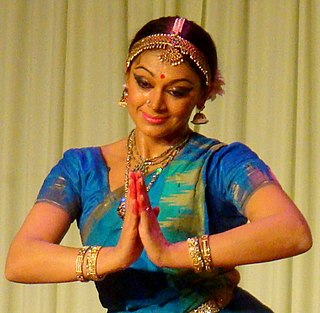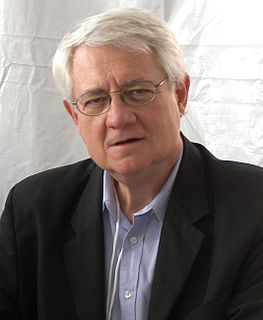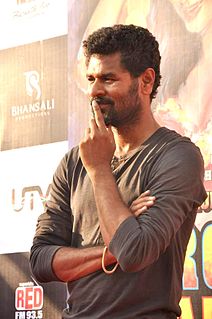A Quote by Shobana
I always refer to Bharatanatyam as the 'now prevalent form of Bharatanatyam' in my interviews. The style changes from generation to generation.
Quote Topics
Related Quotes
It must be understood that prime matter, and form as well, is neither generated nor corrupted, because every generation is from something to something. Now that from which generation proceeds is matter, and that to which it proceeds is form. So that, if matter or form were generated, there would be a matter for matter and a form for form, endlessly. Whence, there is generation only of the composite, properly speaking.
Of course people are angry. Generation upon generation had jobs at steel mills or whatever - things were going on and it looked like it would always be that way. And then there's these cataclysmic changes and people find themselves out on their arse and they're angry and they want answers. But one thing that's for sure is that those answers will not come in the form of Donald J. Trump.
Everybody talks about the entitlement generation. There is no time I'd rather live in than now, and there is no generation I would more entrust the future of this country to than this one. There is a tendency to live in a nostalgic state in this country, and to think that other generations possessed an integrity and a tenacity greater than the generation that is now. I wholeheartedly disagree with that. I believe that this is a group that will rise up to any challenge that comes before them as well as any other generation in America would have done.
Today's children are living a childhood of firsts. They are the first daycare generation; the first truly multicultural generation; the first generation to grow up in the electronic bubble, the environment defined by computers and new forms of television; the first post-sexual revolution generation; the first generation for which nature is more abstraction than reality; the first generation to grow up in new kinds of dispersed, deconcentrated cities, not quite urban, rural, or suburban.






























